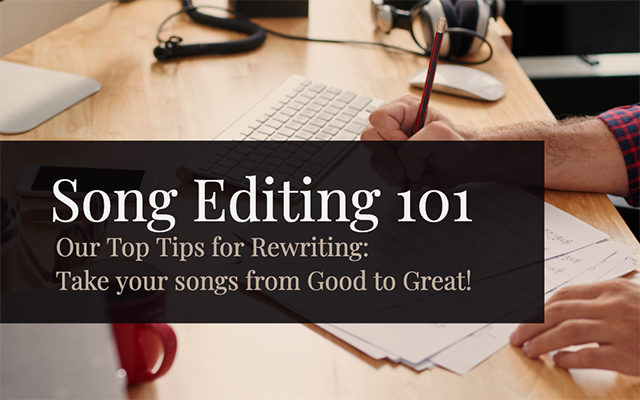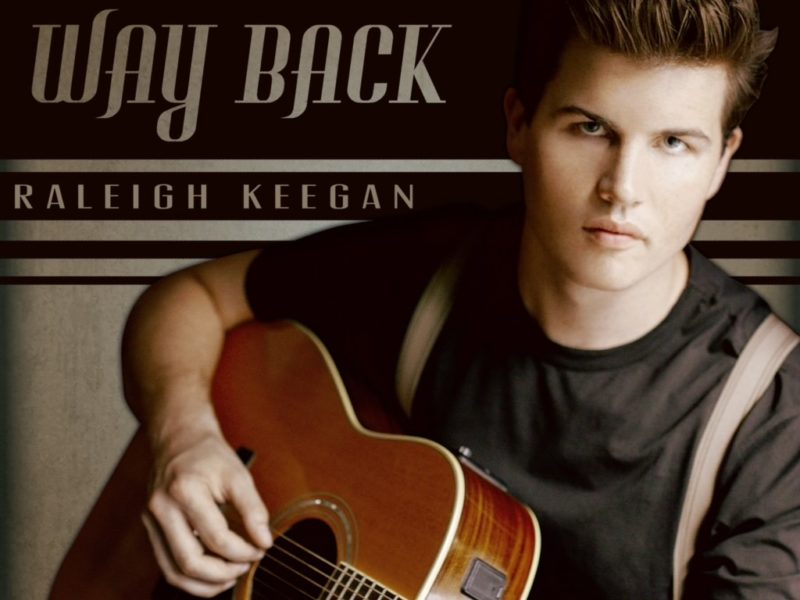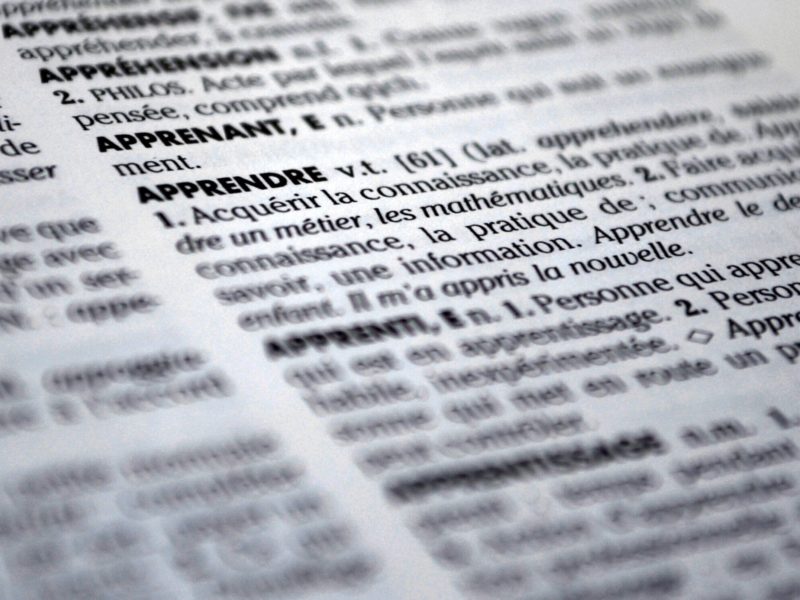
Top Strategies to Overcome Writer’s Block
7 Ways to Break Through
Writer’s Block
This article was created by the Online Recording Studio, the first in a series of articles, features, videos and interviews we are creating together to help you Write Great Songs. Sign up for our newsletter to receive our Writing Great Songs Subscribers code to unlock special pricing and offers.
You have a song in there. A great song; maybe even a hit – but it’s stuck under a writer’s block.
Nearly every single songwriter we’ve worked with over the years has had his or her struggles with that age-old, ever-looming problem of writer’s block. A musical dry spell can be frustrating but it’s more common than you think.
So don’t fret – you’re in good company.
Deep down, you know how to write great songs. What you don’t know is how to get over the cause of your writer’s block.
You need to shake things up, get inspired, and the musical juices will start flowing.
We’re here to help make that happen.
We’ve compiled a list of proven songwriting techniques for overcoming that pesky writer’s block. These 7 solutions come from top industry experts who’ve all been where you are, at one point in their careers, but have overcome their writer’s block and gone on to write hit songs
1. Start with a title.
Usually, you would name the song after it’s written. Taking a line from the song or summing up the subject matter is a common technique for coming up with a song title.
But since you’re fighting writer’s block why not work in reverse?
Create a fantastic title for your song and then let that lead your writing. Try brainstorming a list of titles first – aim for ten. This is an easy way to start being creative.
The title will act as your artistic intention and give you a focal point for the song. Scarlette Fever, ex-pop singer turned rocker, told Songwriting Magazine, “Come up with a bloody damn good hook and the title… that’s your stand-out piece and what the song is built around.”
So, pause reading this article right here and write/type a list of 10 song titles. That’s 10 potential songs that you can start writing.
2. Take a break.
Sometimes you need to step away and clear your head. Go for a walk or a run, or do some exercise. Proper blood flow will support your creative pursuits and getting out into the fresh air of nature will help. Not only will you get the blood flowing to your brain, you’ll take your mind off song writing and let it focus on something else.
This can work wonders for your creativity!
Go and grab a coffee, meet up with friends, or even just take a bath.
As English singer-songwriter Jason Perry said, “I just assumed writing something in the bath was as good as sitting at a piano and writing it.”
Keep a journal or notepad by your bed. Maybe the idea will come while you’re snoring away, and you’ll wake up with the answer. If you’re not a napper, try meditation or reflection.
“I don’t write about things as they happen, I write about things as I reflect on them,” says folk musician Tyler Nail.
3. Get inspired.
Look outside of music for inspiration.
- Read some books; stuff you wouldn’t usually pick up. Give poetry a chance or classic authors like Jane Austen or Christopher Marlowe. They are classic for a reason.
- If you have specific themes or a certain tone in mind, like Gothic or romantic, cruise that area of the bookstore.
- Watch classic movies.
- Go to an art gallery.
- Don’t listen to music. Let other artistic creations inspire you.
The world is yours to enjoy and be inspired by.
It’s all about challenging yourself and getting out of your comfort zone. Embrace the unfamiliar. Then, as Eli “Paperboy” Reed says, “After you’ve come out of your comfort zone you can go back to it with a different approach.”
4. Creativity loves routine.
“For me, songwriting is something I have to do ritually. I don’t just wait for inspiration; I try to write a little bit every day,” says Sean Lennon.
The human brain loves routine. To think creatively, practice being creative.
Unless you’re a musical prodigy, learning to play an instrument takes time, effort, and repetition to master. Developing your writing skill is the same. Think of creative routine as training for your imagination.
Establishing a creative routine is simple but requires discipline.
First you must have a creative space in which to work; a place where you feel comfortable and inspired. Whether it’s your bedroom, your garden, or a rehearsal space; find your happy place.
Then find a specific time of day to be creative. This could be first thing in the morning, during your lunch break, or even late in the evening. Don’t feel pressure to make it hours and hours; it’s this kind of pressure that will bring on more writer’s block.
Start small and build from there. The important thing is to make a plan and stick to it.
STRUGGLING TO FIND THE TIME TO WRITE SONGS? CHECK OUT OUR VIDEO ON HOW TO MAKE MORE MUSIC IN LESS TIME
5. Give your creativity some tough love.
You’re in a rut. Feeling blocked and struggling to find a new idea. Relax!
Set yourself a clear target with a specific timeframe.
For example, try coming up with 20 song lines in 30 minutes. They don’t need to relate to or rhyme with each other; they can be totally separate. Think of each one as the seed that has the potential to grow into your best song yet.
As you develop each line you may find that some of them even fit into the same song. If not, you can save those lines for later and use them in a different song.
Shut out all distractions. Turn off your phone (yes, really, detach from the digital world!), lock your door, set your timer, and write.
They won’t all be good ideas. But, buried in there may be one musical gem.
A lyric. A chord. A riff. Fire off the list, unedited. Free your brain from self-doubt.
You have it in you.
“Inspiration is for amateurs – the rest of us just show up and get to work. … A writer who waits for ideal conditions under which to work will die without putting a word on paper.” – Leonard Cohen
6. Clean or reorganize your space.
Your surroundings have a huge impact on your state of mind. Maybe your creative space isn’t working for you anymore and simply being in it is restricting your creativity.
Try changing it up.
Rearrange the furniture. Go Marie Kondo on your space, clean and declutter. Find new artifacts – pictures, plants, colors – that inspire you and bring them into your area.
Open the window letting fresh air cleanse the space.
While you change up your space, change up the musical atmosphere too. Play different musical genres you don’t usually listen to. Throw on some Chet Baker. Listen to Vivaldi.
Break up your mental associations with the space to inspire greater musical creativity.

7. Collaborate. Or don’t.
If you usually write alone, try and find a songwriting buddy. Someone to bounce ideas off of.
If you write in a band, then try stepping away on your own.
Sometimes The Beatles wrote together, sometimes John wrote with Yoko, and sometimes they each wrote on their own. Shake up the norm, and you’ll feel the creativity start to flow.
Beyoncé values creative collaboration. Queen B once told a UK radio station, “I love being around great writers because I’m finding that a lot of the things I want to say, I don’t articulate as good as maybe Amanda Ghost, so I want to keep collaborating with writers.”
Whatever you do, don’t give up and do not stress.
John Rogers, a Gemini Award-winning screenwriter and comedian once said, “You can’t think yourself out of a writing block; you have to write yourself out of a thinking block.”
Rogers came up against writer’s block while screenwriting but went on to co-write the screenplays for American Outlaws (2001) and Catwoman (2004), and he co-wrote the storyline for the Transformers (2007) movie.
Or, as Alex Turner, lead singer and principal songwriter of the Arctic Monkeys said, “If anyone asks me about songwriting, I guess I’d say that you just gotta do it.”
So, whatever you do don’t give up. This writer’s block will pass.
Be stubborn.
If you don’t have a good idea, keep working with bad ones and be determined to make them into something useful.
The block will melt away, and you’ll write great music again.






